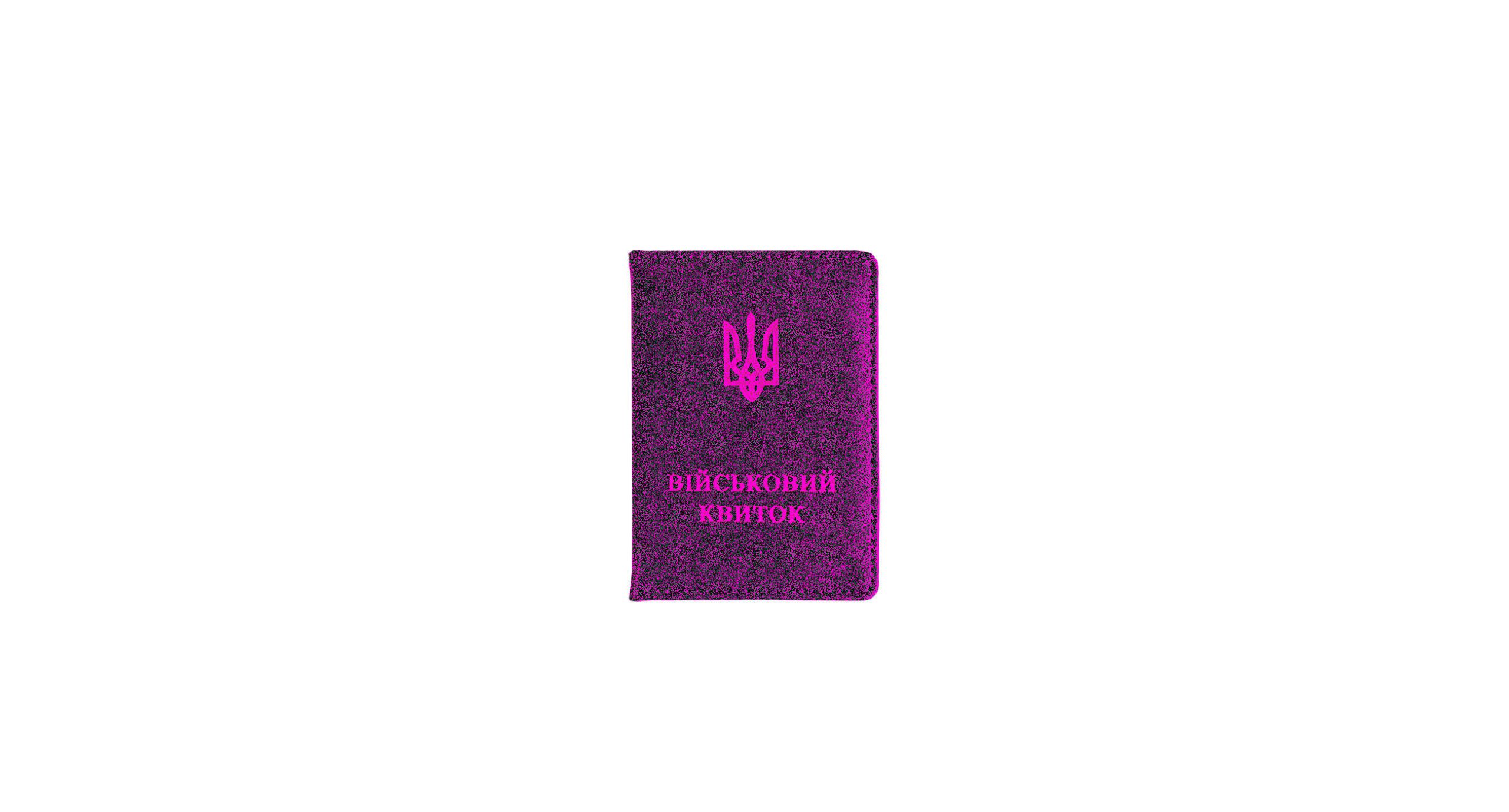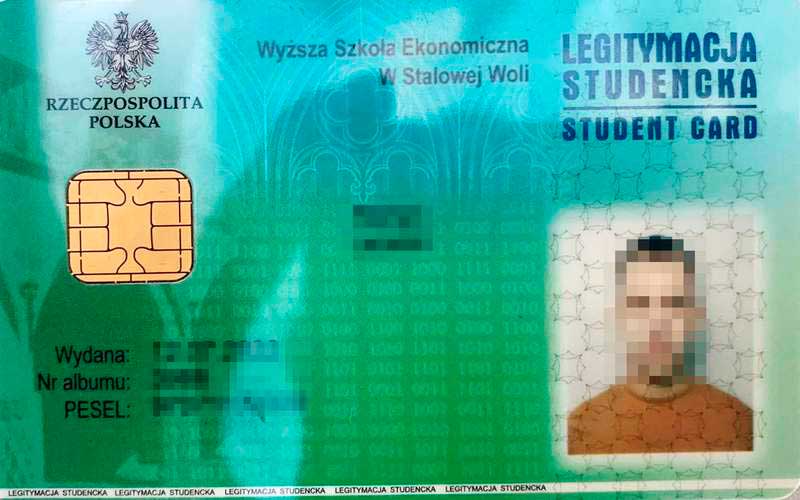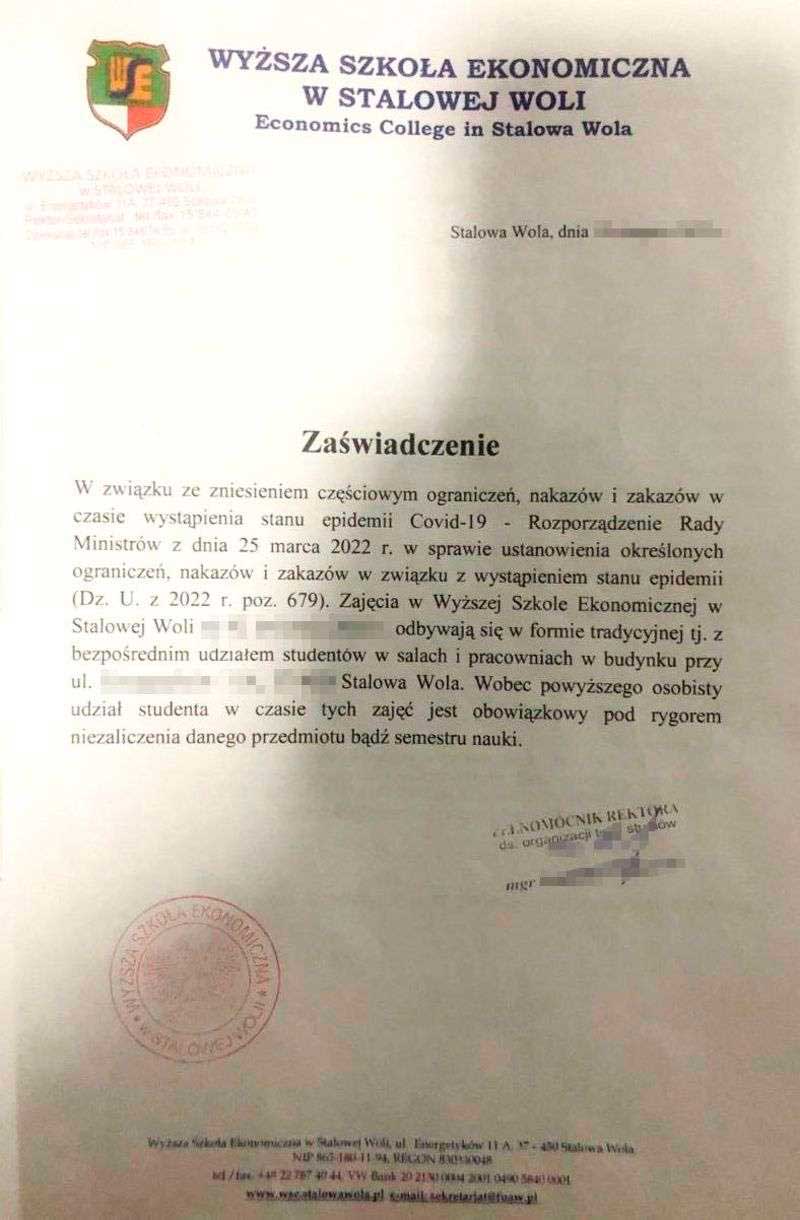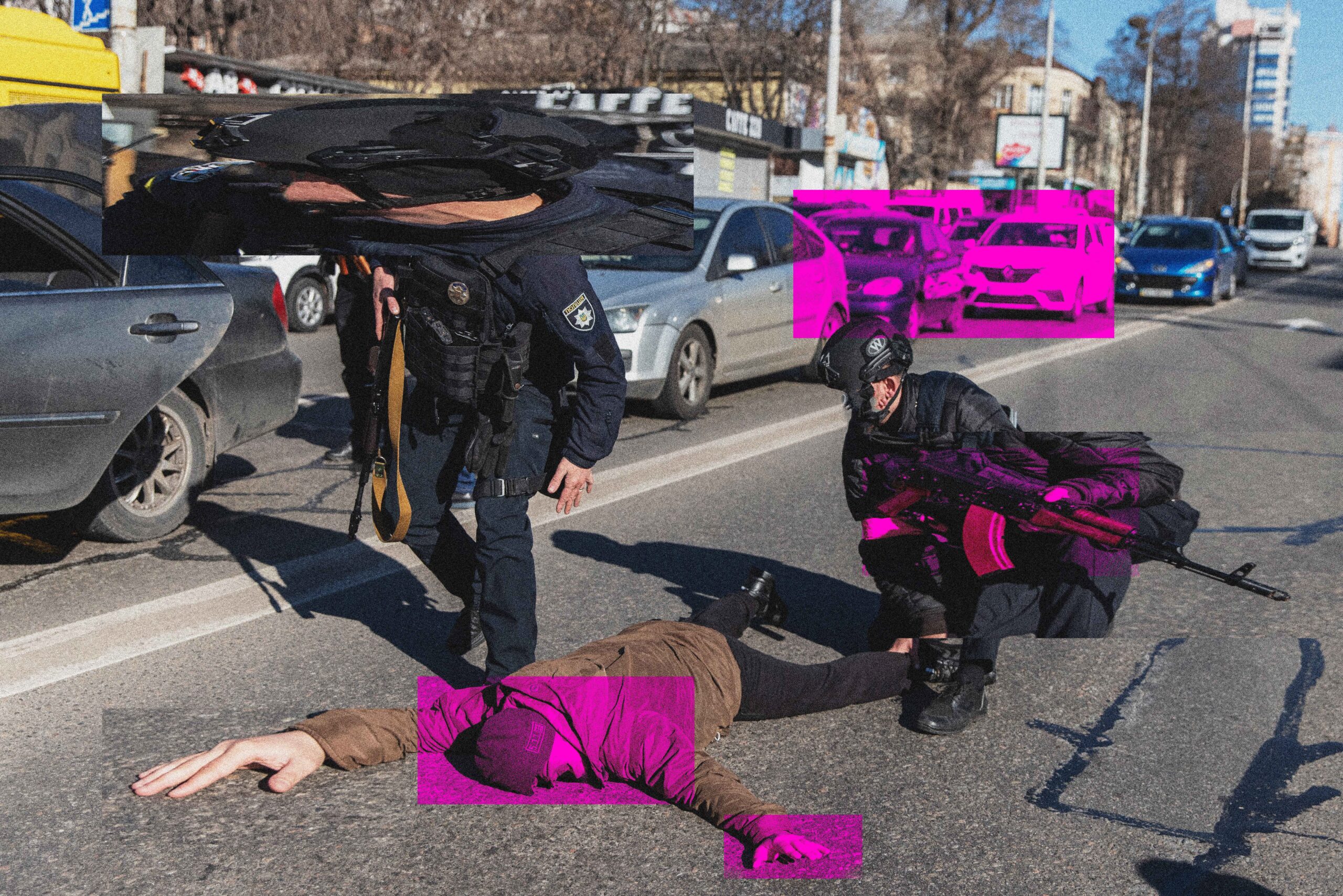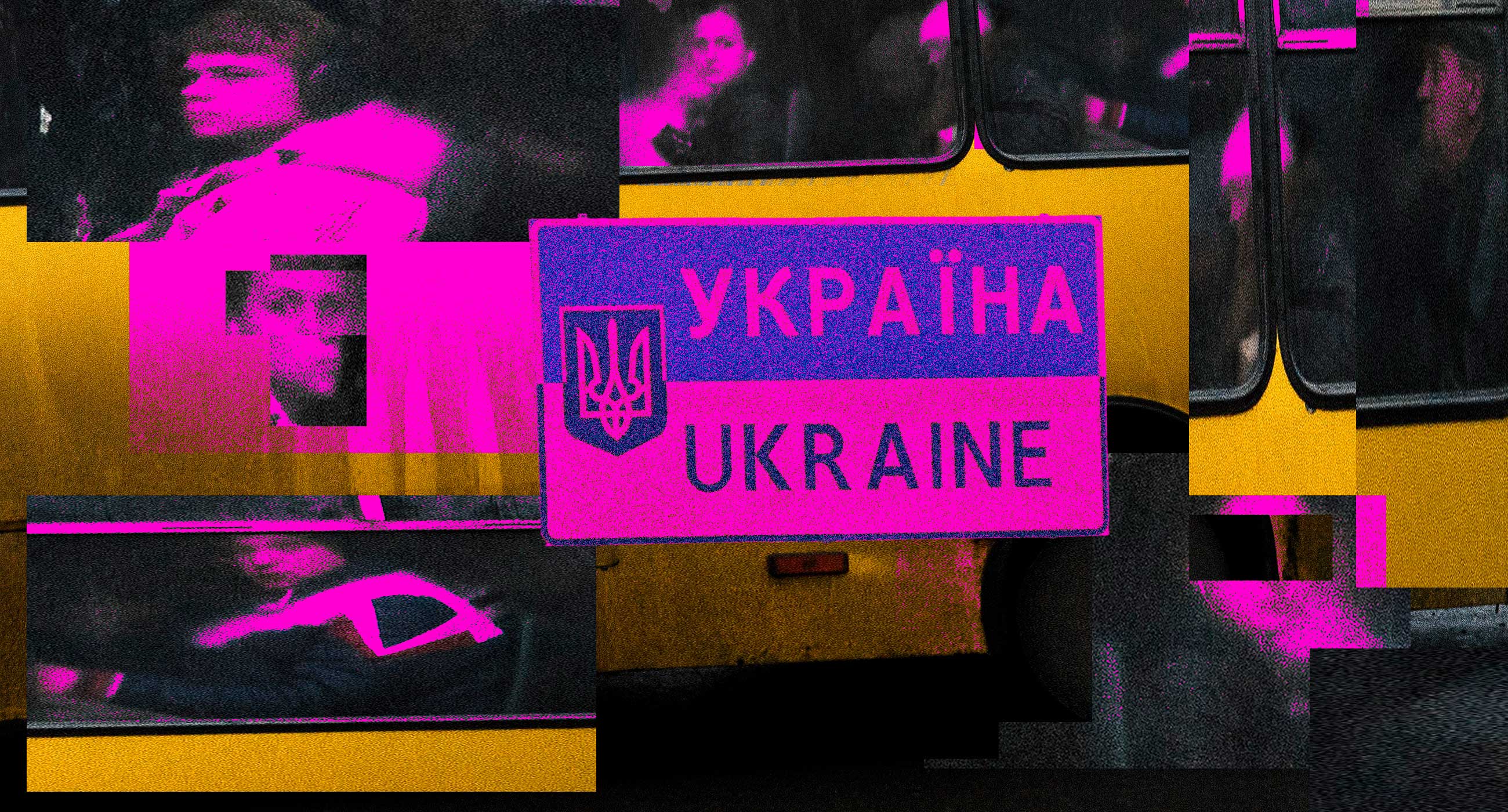So Hard to Leave, So Hard to Stay. How Ukrainian Men Travel Abroad
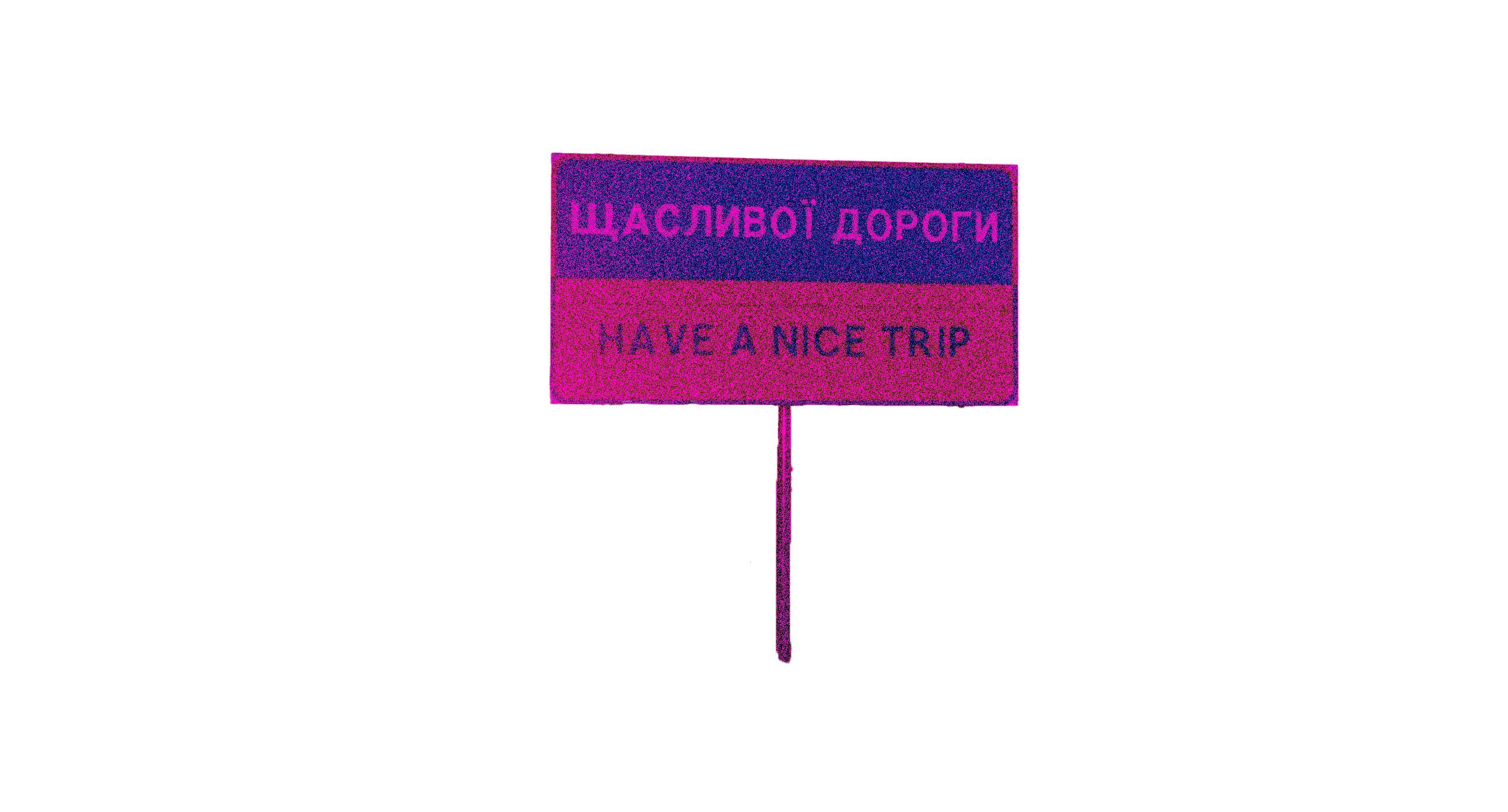
Due to the full-scale invasion of the Russian Federation, martial law has been officially introduced in Ukraine since 05:30 a.m. on February 24 — and with it a ban on traveling outside the country for men aged 18 to 60. The introduction of this ban has led to the emergence of numerous schemes by which men leave the country bypassing the law. Zaborona found out how speculators organize men’s departure and forged documents, who makes money on it and how widespread the practice of illegal border crossing is. To do this, we talked to law enforcement agencies, lawyers, and men who have already had an experience of leaving the country under such schemes.
White ticket
One of the most popular ways among men of military age who want to go abroad is to use a white ticket — a document certifying that a man is unfit to serve in the army for health or other reasons. White tickets are forged by so-called dealers. Oleh (the man’s last name is not disclosed at his request) agreed to tell Zaborona about the conditions and price of the service.
-

Collage: Kateryna Kruhlyk / Zaborona
“At the beginning [of the full-scale invasion] in Kyiv, it cost $10 000. Now prices have dropped to €5500 — at least as of August. I know that the guys [who forge white tickets] make [fake documents] through the Ministry of Defense so that [the border guards] do not have any questions. I asked if it could be a problem that I attended military training at the university, and that I am a reserve officer. They say that it doesn’t matter at all — everything will be ok. They prepare documents for three weeks. Everything is serious: they tell me which checkpoint I need to come to and at what time to get to the right shift.”
Zaborona’s investigative journalist also decided to try using similar services and found a more affordable — even suspiciously affordable — way to travel abroad offered by an anonymous telegram channel. The conditions were very favorably different from those described by Oleh. According to the information provided to us, the cost of a white ticket is $1300 (and another $200 extra if you use the services of a personal escort at the border).

Screenshot of the correspondence. Provided by Oleksandr Humeniuk
According to the explanations of the dealers, the conclusion of the military medical commission should be issued in one of the Lviv military enlistment offices — regardless of the client’s residence. The channel also guarantees “their” people at the border and no questions from border guards. When Zaborona asked what would happen if the border guards did not allow the client to go abroad and whether the client would face criminal liability in this case, they briefly replied that they had not had such cases, and the money would be returned, of course.

Screenshot of the correspondence. Provided by Oleksandr Humeniuk
However, statistics tell a different story. According to the information provided to Zaborona by the National Police of Ukraine, the majority of criminal cases on illegal border crossings are related to the forgery of documents of the military medical commission on unfitness for military service.
Students of foreign universities
At the beginning of the war, traveling abroad was also prohibited for Ukrainian male students studying at foreign universities. However, the authorities later revoked the decision due to the fact that students may lose the opportunity to continue their studies. One of the conditions for crossing the border was that the student had to study at a foreign university until February 24. The amendment was to prevent the mass enrollment of Ukrainians in “universities” abroad and their further departure. However, the practice of going abroad under the pretext of studying at the university still became widespread. On condition of anonymity, Zaborona’s investigative journalist spoke with Serhiy (the man’s surname is not disclosed at his request), who has information about the forgery of documents and stamps.
“The prices were very different: from $800 to $5 thousand for the same service. Prices were named randomly — whoever wanted, demanded as much as he wanted. All this was done in each case through one group of universities. You pay $1500 in advance, send the data — and [dealers] issue [enrollment] to the university, but retroactively. That is, you enter the university in October 2021,” Serhiy says.
Students were admitted to full-time education, and the missed previous year, during which the student never came to Poland, was explained by quarantine restrictions.
“All studies seemed to be online — there is no problem with this. But in May this year, quarantine restrictions were lifted in Poland — so you say that you are going to study, and therefore now you have a fresh student card. Because your student card is not from last year, but this year. And the documents indicate that you have been studying since October 1, 2021,” Serhiy adds.
Preparation of documents for the transformation of the client into a student of a Polish university took from 10 to 15 days. After that, these documents were physically brought from Poland to Ukraine and handed over to the clients. Then the newly-made student had to translate the documents into Ukrainian and notarize it. And with these papers, he had to go to the military registration and enlistment office to get a deferment from the draft.
“When you go to the military enlistment office, there is a possibility that you will be interrogated, because at that time it [forgery of documents] was not the newest thing — it was used for the second month already. And when you come to the office, they say: Aha, yes, of course, we believe you are fucking going to study”. That is, they just start to openly mock you. But in any case, it could be solved,” says Serhiy.
According to Serhiy, men who used the services of university-related dealers were sent letters that clearly described how to behave in the enlistment office and at the border — what to say and what not to say. Zaborona managed to get one of such letters.

Screenshot of the correspondence. Provided by Oleksandr Humeniuk

Screenshot of the correspondence. Provided by Oleksandr Humeniuk
On September 5, in Chernivtsi, border guards detained two men who tried to cross the border as students. They were suspected of forging documents, as the students did not speak Polish and had never been to Poland. The university where they allegedly studied was the same School of Economics in Stalowa Wola.
-

Documents of the detainees. Photo: Western Regional Directorate of the State Border Guard Service of Ukraine — Western Border / Facebook
-

Documents of the detainees. Photo: Western Regional Directorate of the State Border Guard Service of Ukraine — Western Border / Facebook
Subsequently, the departure of male students studying abroad was completely banned, mentioning a large number of forged documents as a reason.
“Due to manipulations with the use of the so-called student route, on September 14, another decision was made to refuse this category to cross the border and to be guided exclusively by the norm of Resolution No. 57 [a resolution of the Cabinet of Ministers of Ukraine regulating the rules of border crossing],” Andriy Demchenko, a spokesman for the State Border Guard Service of Ukraine, explained to Zaborona.
Currently, the issue of students traveling abroad remains in limbo. Due to corruption schemes, such permits are used by speculators. On the other hand, the travel ban has blocked education for real students. On August 10, a petition with a request to allow students to cross the border appeared on the website of the Official Internet representation of the President of Ukraine.
“It was the easiest scheme in the period from July 1 to August 10,” says Serhiy, “However, now it no longer works, and even real students cannot leave. I have a friend who studied in Switzerland — he was told at the border that he would not be allowed.”
-

Collage: Kateryna Kruhlyk / Zaborona
Shlyakh
If the “student” option of traveling abroad was one of the most popular at the beginning of the summer, now the most common way has become the Shlyakh (The Way) system, coordinated by the State Service for Transport Security of Ukraine, which, in turn, reports to the Ministry of Infrastructure of Ukraine.
The system was created after the beginning of the war — it allows border guards to quickly check people aged 18-60 who are allowed to travel abroad for humanitarian aid. With the outbreak of a large-scale war, charitable foundations and organizations began to transport a large number of humanitarian goods to Ukraine. Such a scale requires a considerable number of drivers, who usually fall under the non-exit category. The Shlyakh system was created to allow such drivers to leave and import humanitarian goods. But the system has gained popularity among speculators who promise men to add their data to the database so that they can go abroad. On the rights of anonymity, Mykhailo told us how the gray market of traveling abroad through the Shlyakh functions now:
“The Shlyakh is the most popular scheme now. Everyone uses it. Once I was standing in line and met many people there — all of them were leaving through the Shlyakh. We are standing there, three guys, talking about life, looking — a Porsche, a Gelandewagen arrive, all guys there are from 25 to 40 years old at most — and all pass the border using the Shlyakh.”
-

Collage: Kateryna Kruhlyk / Zaborona
According to the Shlyakh system, a man can go abroad for 30 or 90 days. According to the men who were included in the database of volunteer drivers, the cost of the service ranges from $3 000 to 6 000, depending on the urgency and intermediaries.
After the advance payment, the passport data of the future “volunteer” and the data of the car that will cross the border are entered into the database of one of the funds. Then the foundation sends an application for a volunteer to the Shlyakh system and indicates that such a person really works for them, goes abroad to a certain place, and will return with a certain type of things. The information is transferred to the regional military-civilian administration, which must check and sign a document that the person can go abroad.
There is one important difference: people who took advantage of the speculation around the Shlyakh must return to Ukraine within the timeframe provided by the document. Otherwise, the person and the foundation, on behalf of which he/she left, may have serious problems.
“You can do anything, and then go to the foundation abroad, pick up the necessary things and just transport them across the border. You bring it to the fund in Ukraine and here they indicate that you have brought what you need in the required quantity. Then the data on the return is transferred to the prosecutor’s office. But if you do not return within the allotted number of days, then you will be screwed. Your documents will be immediately sent to the prosecutor’s office”, Mykhailo adds.
Zaborona cannot confirm or deny the information provided by Mykhailo. Another source of Zaborona denies it: the responsibility will be borne not by the volunteer, but by the foundation — it is purely administrative and represented by a fine.
Traveling abroad bypassing official checkpoints
Another way to cross the border is to leave outside the official checkpoints. As reported by the Security Service of Ukraine in response to Zaborona’s request, they have repeatedly exposed schemes by which men were illegally trying to cross the border. Prices for such services vary in a wide range — from $ 500 to $ 6 000.
According to a similar scheme, men travel not only to the territory of the western neighboring states — in August, a scheme was exposed in the Kharkiv region, according to which men were offered to travel to the EU through the Russian Federation. A similar scenario was used by a speculator who took men to the temporarily occupied Melitopol, from where they were transported to Crimea, and from there they went to the territory of the Russian Federation or Georgia. The cost of such services ranged from 5 000 to 10 000 hryvnias.
“As for the border area outside the checkpoints: as a rule, violations occur either singly or in groups of two or more people. In the first weeks [of the war] the groups could reach several dozen men at a time. They either plan such a trip themselves or try to use the services of organized criminal groups,” explains Andriy Demchenko, spokesman for the State Border Guard Service of Ukraine.
Zaborona received Oleksiy’s story about how he used the border crossing service.
“I was given the contacts [of the speculator]. I called, and he told me where to go. I did not even see him. He just said where to come and how much it costs — $1500. Together with my friend I came to the border station. Some man was standing there — either the one I talked to or not. I asked if it was him — some Armenian name. He said it was him. He took money from me. He told me to wait for the car. The car arrived, and we got into it”, Oleksiy says.
-

Collage: Kateryna Kruhlyk / Zaborona
Then the men were brought to a house on the border near the river and told to wait. According to Oleksiy, at that time there were already more than 40 men in the house. After five hours of waiting, the number of men doubled.
“Everyone had different prices for the crossing. The amounts reached up to $18 000. I had the lowest one. Although they said that a week ago it cost $500. Then boats started arriving,” Oleksiy recalls.
However, according to Oleksiy, even before the men were smuggled across the border, the police came to the house and started searching.
“We were exposed, they started frisking us, beating us with rifle butts. There was humiliation, they said: “There is a war in the country, and you want to escape”. I was lying on the cold ground, I was very cold, I asked to get up, but instead, they hit me. An hour later we were lifted from the ground, shoved into cars, and taken to the police station. We stayed there for about five hours,” says Oleksiy.
According to the man, no one explained anything to them at the police station. However, in his opinion, someone solved the issue with the police for them.
“They just put us in a car and drove away. No one said anything. I was already thinking that they would take us to jail or make some kind of brigade out of us — this option was more acceptable to me than jail. And then hop — they told us to come out. We were taken to some landing and transported by boats across the border. I would not recommend anyone to leave under such a scheme. I will never forget this day”.
What do law enforcement officers say?
According to the information provided to Zaborona by the National Police of Ukraine, criminal cases concerning the illegal departure abroad of men subject to mobilization are being investigated by the Main Investigation Department of the National Police of Ukraine and the Department of Inquiry of the National Police of Ukraine. This is because criminal offenses related to the illegal departure of men are divided into misdemeanors and felonies with different types of punishment.
According to the data received by the editorial office, since February 24, the Main Investigation Department of the National Police has initiated 1768 criminal proceedings related to the illegal crossing of the border. Of those:
– 773 proceedings were opened under Article 332 of the Criminal Code (Illegal transportation of persons across the state border of Ukraine);
– 830 criminal proceedings under Article 358 of the Criminal Code (Forgery of documents, seals, stamps, and forms);
– 159 criminal proceedings under Article 369 of the Criminal Code of Ukraine (Offer, promise, or giving an unlawful benefit to an official);
– 3 criminal proceedings under Article 366 of the Criminal Code of Ukraine (Official forgery);
– 2 criminal proceedings under Articles 332-2 of the Criminal Code of Ukraine (Illegal crossing of the state border of Ukraine), Article 368 of the Criminal Code of Ukraine (Acceptance of an offer, promise or receipt of an unlawful benefit by an official) and Article 369-2 of the Criminal Code of Ukraine (Abuse of influence).
As for the National Police Investigation Department, since February 24, they have initiated 2356 criminal proceedings. All proceedings were opened under Article 358 of the Criminal Code (Forgery of documents, seals, stamps, and forms).
According to law enforcement officers, in most cases, the subject of criminal proceedings are forged certificates of the military medical commission on unfitness for military service and temporary certificates of persons liable for military service. Also, they investigated cases of forgery of certificates and documents related to traveling abroad to study at foreign universities, birth certificates of children, pension certificates, certificates of combatants, certificates of parents of large families, marriage certificates, court decisions, adoption certificates, medical certificates of disability of a child, residence permits outside Ukraine, etc.
In addition to the National Police of Ukraine, the Security Service of Ukraine is also engaged in similar cases — and almost every week it reports on the exposure of another scheme of men’s departure abroad. However, Zaborona was unable to obtain accurate statistics on such cases.
-

Collage: Kateryna Kruhlyk / Zaborona

